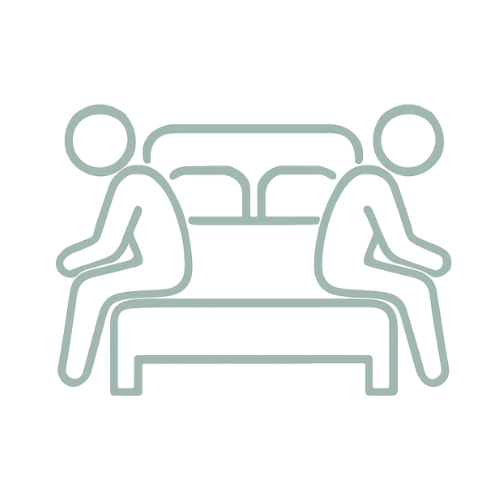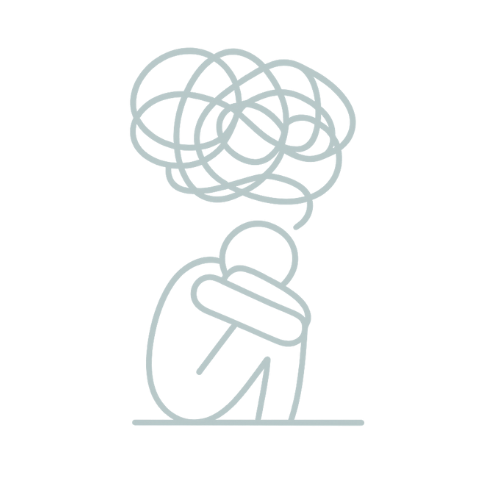Life is FULL of Healing Moments
Our Services
Our compassionate team provides comprehensive therapy in Seattle for individuals and couples navigating life’s challenges and seeking deeper connection. We understand that each person’s healing journey is unique, which is why we offer specialized support tailored to your specific needs and circumstances. We also see clients via telehealth, ensuring accessible care that fits your lifestyle and preferences. Whether you’re working through relationship dynamics, personal growth, or intimate concerns, our experienced therapists are here to guide you with expertise and understanding.

Relationship Therapy
Our therapists know relationships! We are all attachment focused therapists who believe that connecting from the heart is the way to heal. Our therapists will help you get out of unhelpful cycles and learn a new way of connecting.

Individual Therapy

Sex Therapy
Everyone will probably encounter sexual concerns or issues over their life time. That is why our therapists are here! To help you live every day fulfilled in your sexual expression and experience.

Sex/Porn Addiction
Many people struggle with feelings of conflict or shame about their sexual interests, choices, or behaviors. Others find that their use of porn, erotic services, or other sexual experiences no longer aligns with their values or has become difficult to control, impacting their well-being and relationships.

Family Therapy
Families can go through periods of feeling disconnected, stuck and even hopeless. We know you want to connect with each other, but somehow that message gets lost. Let our therapists help you connect and heal in ways that bring clarity and healing.

Teen Therapy
Navigating being a teen can be challenging. You do not have to do this part of your life alone. Our therapists provide an accepting presence that will help you find your inner strength!

Supervision

Low Cost Therapy
Healing Moments Counseling provides low-cost therapy provided by clinical interns. Clinical interns receive training to become a licensed therapist and are supervised by Kimberly Castelo and/or Nika Gannon.
